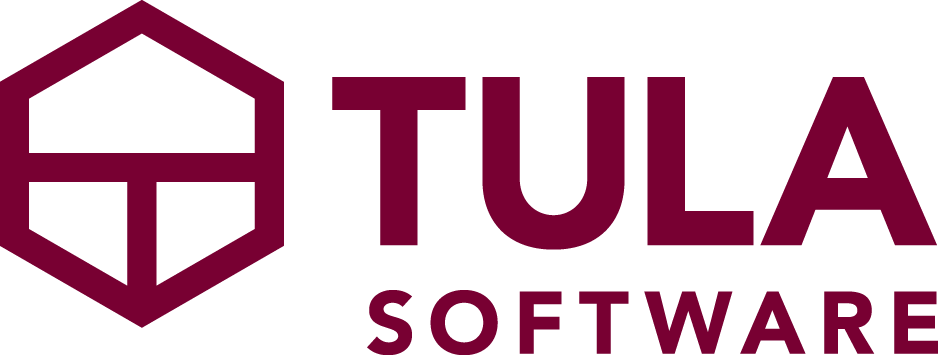The policies of both the Apple App store and the Google Play store are outdated in today’s economy because both fail to recognize that we no longer live in a “digital” world or a “physical” world; we now live in a hybrid world.
As I mentioned in my post about Apple’s tax on events, the app store commands a 30% commission on all in app purchases that give users access to “premium content”. (Apple has temporarily delayed this, and Google seems to be waiving this fee for now).
But for physical goods, things like food delivery, in-person yoga classes, appointment scheduling, etc. they are not entitled to this 30% commission.
So traditionally, if you had an app in the app store that allowed people to book a spot for a yoga class, you didn’t need to use Apple’s in-app payments system, even if your app allowed payments. But now, to access a livestream or on demand class, Apple (according to them) is entitled to their commission per their policies as mentioned above, which requires using their payment system.
But now that we live in a Hybrid world where these physical and virtual designations are meaningless for your typical consumer, what happens when a ten-pack or a membership can be used BOTH for in-person studio classes?
Well if you use Tula Software you’re all set - your students get the best of everything you have to offer right in the browser via our widgets hosted on your domain AND the student url (essentially a broswer based app) hosted on your domain.
But if studio owners using our competitors aren’t careful they’re going to find themselves paying 15% of ALL their revenue to Apple and Google, or they’re going to be forced to break out their offerings completely, to their own detriment, to fit into Apple’s and Google’s outdated economic model.
The hybrid model that we’re suddenly moving to, which I wrote about extensively in The Path Forward post, is providing independent studio owners with a massive opportunity to offer their customers the holy grail of in person, live stream and on demand classes, all with a single pass.
It’s interesting to think that our economy is evolving so quickly, that the economic model of the software stores of two of America’s largest corporations are both now outdated in some very important ways.
